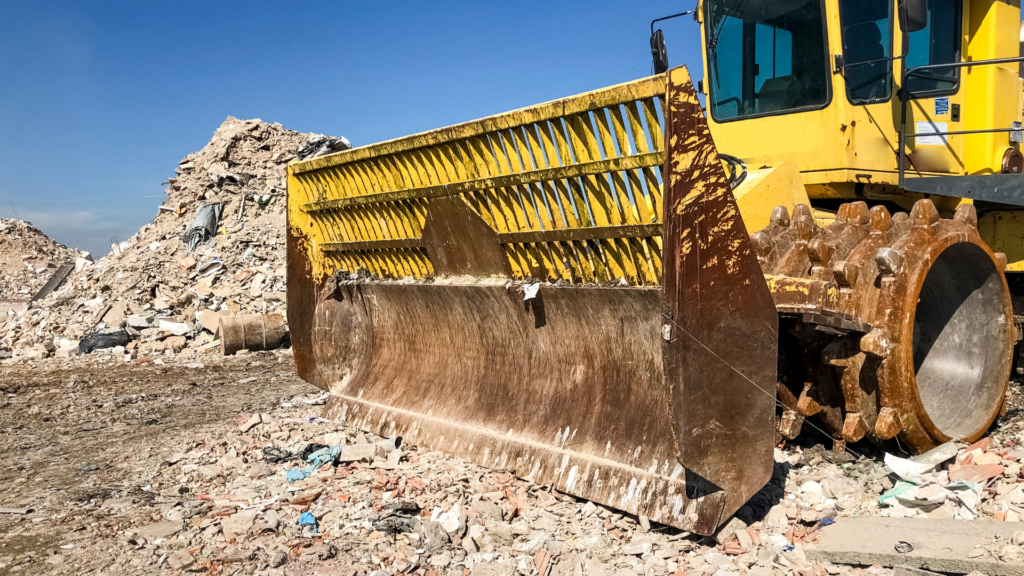Belgian businesses and households produced 68 million tonnes of waste in 2020, according to statistics published by Statbel on 18 August. Annual waste production has stagnated compared to 2018, when Belgium produced roughly the same amount.
Increases in waste production were most noticeable in agriculture (+15%), households (+9%), and industry (+7%), largely offset by decreases in the service (-21%) and construction sectors (-9%), which were heavily affected by the Covid-19 pandemic.
The largest producer of waste last year was the industrial sector, which produced 37 million tonnes, followed by construction (20 million tonnes), and households (5.3 million tonnes).
Since 2004, the amount of waste produced in Belgium has increased by 28%, as the share from construction has jumped by over 87%, and industry by 43%. The amount of household waste has remained largely unchanged, increasing just 0.1% since 2004, however its share of total waste decreased from 12.2% to 6.8%.
Related News
- More than 1.8 million visits per year to recycling centres in Liège
- New federal action plan launches to reduce marine litter
The impact of recycling and environmental materials methods can be seen in the composition of Belgian waste: while plastics once accounted for 2.5% of all Belgian waste, 18 years later, they now account for just 1.5%. Belgium now produces almost half the chemical waste as it did in 2004.
Other types, however, are now more represented. Glass once accounted for 1% of Belgian waste, and now accounts for 2.5%. Wood once accounted for 3.9%, and now accounts for 6.1%. Mineral waste increased from 31% to 35% of total Belgian waste.
Much of the waste produced in Belgium does not stay within the country. Last year, the export of waste from the European Union to the other non-EU countries reached all-time highs: 33 million tonnes were exported, up 77% since 2004. Turkey is by far the largest recipient of Europe’s waste, receiving 14.7 million tonnes last year.

